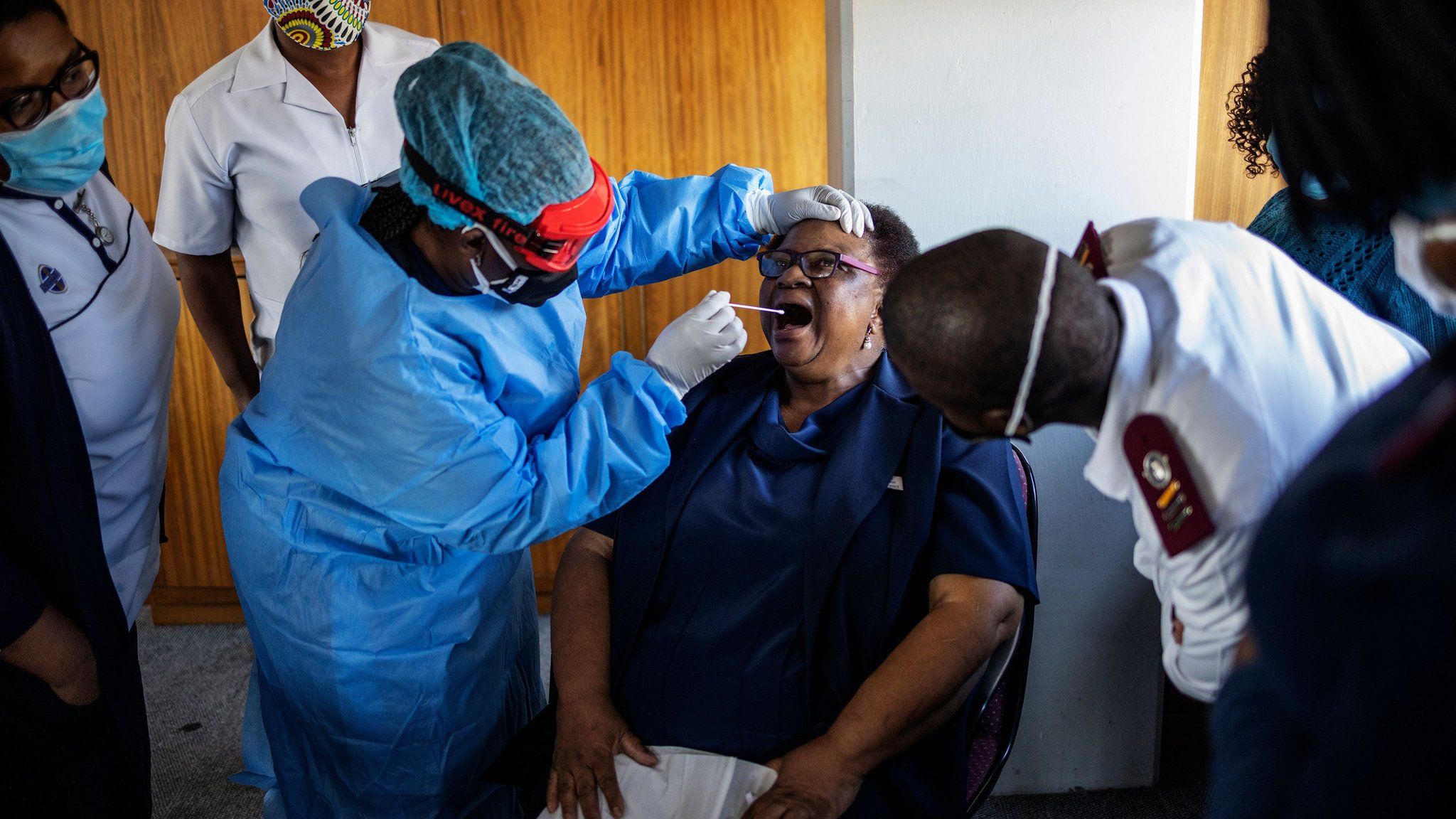The Ghana Medical Association (GMA) has attributed the spike in COVID-19 deaths in the country to limited access to healthcare facilities.
The GMA also says the inadequate number of medical personnel handling critical to severe COVID-19 cases was contributing to the rising deaths.
Dr Justice Yankson, general secretary of the GMA, in an interview said people kept losing their lives because there were no adequate COVID-19 Intensive Care Units (ICUs) with enough functional beds for patients.
“We do not have enough specialised facilities to take care of people with severe coronavirus infections and the increase in deaths simply means more critical to severe cases are being recorded, but they do not receive the needed attention,” he said.
Data on the Ghana Health Service (GHS) website, shows that a total of 85 COVID-19 deaths have been recorded in one week from Monday 8 February to Monday, February 15, 2021.
The data also shows that presently, 86 patients are in severe conditions and 29, in critical conditions.
Dr Yankson, said to manage the pandemic effectively, the Government needed to deploy adequate human resource and enough logistics across the country to handle the high severe to critical cases being recorded.
“By now, we should have a well set up COVID-19 ICU with functional beds to attend to cases in all parts of the country.”
The only regions with Teaching Hospitals – Accra, Kumasi, Tamale, Ho and Cape coast, have COVID-19 ICUs with a maximum of five functional beds at each facility.
Apart from that, the Ga East COVID-19 Treatment Centre in Accra has a 21-bed facility for COVID-19 treatment.
The Greater Accra Regional Hospital also has a 16-bed capacity COVID-19 ICU.
The GMA said it was worrying the remaining eleven regions did not have functional COVID-19 ICU or skilled personnel to attend to patients with severe cases and said the situation must be addressed in time.
Dr Yankson said it would be suicidal if those regions started recording critical cases, and said it was time Ghana boosted its local health resources to contain the pandemic effectively.
He advised the public to take charge of their lives and protect themselves with all seriousness, while the government played its part.
“If we do not do the right things, we will continue perishing … that is the baseline,” Dr. Yankson, said.
Coronaviruses are said to be a large group of viruses that are common among animals.
In rare cases, they are what scientists call zoonotic – they can be transmitted from animals to humans, according to the US center for Disease Control and Prevention.
They are said to be the cause of dangerous diseases with incubation period between 3-14 days.
The initial signs and symptoms of COVID-19 were fever, runny nose, body ache, sore throat and possibly a headache.
However, many different strains have been recorded and the symptoms have varied.
Scientists are still learning about the disease and believe that the virus began in animals. At some point, one or more humans acquired infection from an animal, and those infected humans began transmitting infection to other humans.
The disease spreads from person to person through infected air droplets that are projected during sneezing or coughing.
It can also be transmitted when humans have contact with hands or surfaces that contain the virus and touch their eyes, nose, or mouth with the contaminated hands.
COVID-19 was first recorded in Wuhan, China, in December 2019, but it has now spread throughout the world.
Scientists have since developed vaccines to minimise its spread.
Source: Mybrytfmonline.com




















































